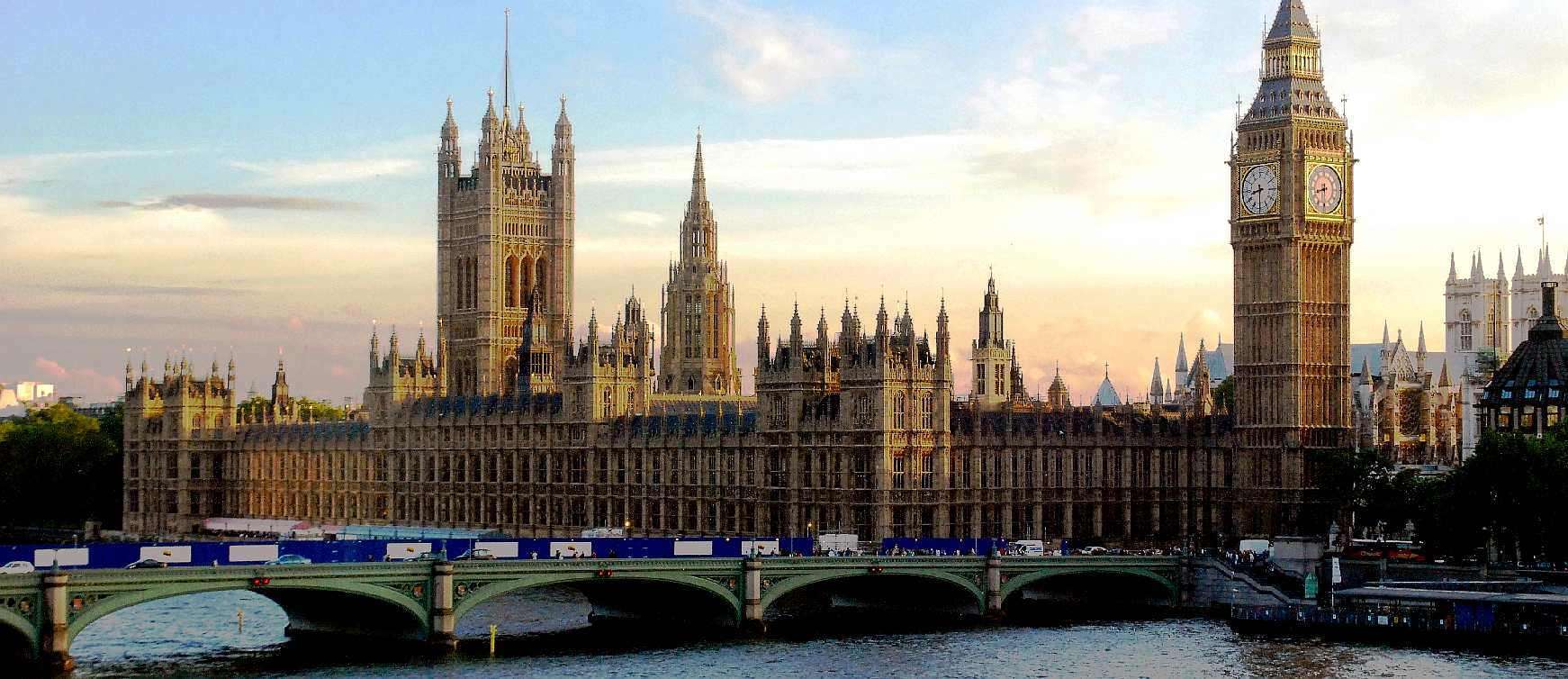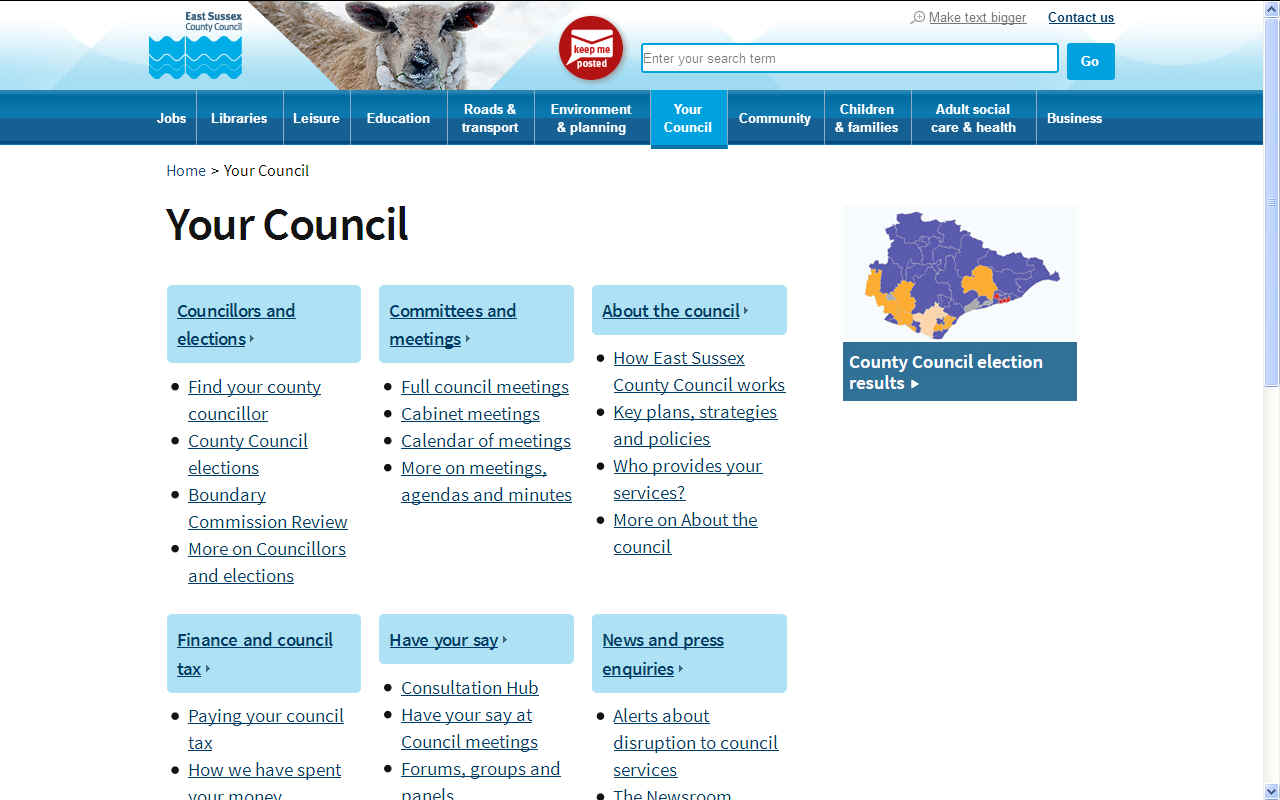
PARLIAMENT
- The Palace of Westminster is the meeting place of the House of Commons and the House of Lords, the two houses of the Parliament of the
United
Kingdom. Commonly known as the Houses of Parliament after its occupants, it is also known as the 'heart of British politics'.
Parliament
in the United Kingdom conducts its business in the Houses of Commons and
Lords. Political parties can send their leaders (members) to speak in
Parliament in the House of Commons (commoners = ordinary people without
title). These are the Members of Parliament that make up most of the
representatives of political parties in the UK.
How
then is the country run and how are the rules of Government made? It is
done by debate and voting so that the views of the people are
represented.
Members
of Parliament MPs can raise matters in the House of Commons on behalf of their constituents. They can do this by asking parliamentary questions, participating in debates or introducing legislation.
ASKING QUESTIONS
MPs can ask Ministers questions during Question Time or send written questions to them. Question Time takes place in the first hour of business each day. The government is required to answer parliamentary written questions. From the 2014-15 session onwards all written questions and answers, in both the Commons and the Lords, can be searched for via the Written Questions and Answers service.
Nearly all MPs represent political parties. The party with the most MPs after a general election normally forms the Government.
The next largest party becomes the official Opposition. If an MP does not have a political party, they are known as an 'Independent'.
Members of the House of Lords are organised on a party basis in much the same way as the House of Commons but with important differences: Members of the Lords do not represent constituencies and many are not members of a political party.
Lords who do not support one of the three main parties are known as Crossbenchers or Independent Peers. There is also a small number who are not affiliated to any of the main groups.
HISTORY
OF THE PARTY SYSTEM
The system of political parties, which has existed in one form or another since at least the 18th century, is an essential element in the working of the constitution. Since the Second World War, all the Governments in the UK have been formed by either the
Labour Party or the
Conservative
Party.
OPPOSITION PARTIES
The effectiveness of the party system in Parliament depends on the relationship between the Government and the Opposition parties. In general, Opposition parties aim to:
1. contribute to the creation of policy and legislation through constructive criticism
2. oppose government proposals they disagree with
3. put forward their own policies in order to improve their chances of winning the next general election
Before the mid-19th century politics in the United Kingdom was dominated by the Whigs and the Tories. These were not political parties in the modern sense but somewhat loose alliances of interests and individuals. The Whigs included many of the leading aristocratic dynasties committed to the Protestant succession, and later drew support from elements of the emerging industrial interests and wealthy merchants, while the Tories were associated with the landed gentry, the Church of England and the Church of Scotland.
By the mid 19th century the Tories had evolved into the Conservative Party, and the Whigs had evolved into the Liberal Party. The parliament was presided over by a speaker, who handled proceedings. The concept of right and left came originally from France, where the Right supported a smaller state with less influence on the lives of the public, the Left advocated a larger state with more influence on the lives of the public. In the late 19th century the Liberal Party began to lean towards the left, and the seating in the house of commons began to reflect this: Right of the speaker were those supporting right wing politics, the Conservatives; left of the speaker were those supporting Left wing
politics. Hence LEFT & RIGHT wing politics.
The
United Kingdom has many political parties, some of which are
represented in the House of Commons and the House of Lords.
Below are links to the websites of the political parties that were
represented in the House of Commons after the 2015 General Election:
CONSERVATIVE
PARTY
CO-OPERATIVE
PARTY
DEMOCRAT
UNIONIST PARTY
GREEN
PARTY
LABOUR
PARTY
LIBERAL
DEMOCRATS
PLAID
CYMRU
SCOTTISH
NATIONAL PARTY
SINN
FEIN
SOCIAL
DEMOCRATIC AND LABOUR PARTY
UK
INDEPENDENCE PARTY (UKIP)
ULSTER
UNIONIST PARTY
Conservative
Party
Co-operative
Party
Democratic
Unionist Party
Green
Party
Labour
Party
Liberal
Democrats
Plaid
Cymru
Scottish
National Party
Sinn
Féin
Social
Democratic and Labour Party
UK
Independence Party
Ulster
Unionist Party
MEMBERS
OF PARLIAMENT A - Z (EXT LINKS)
BORIS
JOHNSON
CAROLINE
ANSELL
CHARLES
CLARKE
CHARLES
HENDRY
CHRIS
GRAYLING
DAVID
BLUNKETT
DAVID
CAMERON
DAVID
MILIBAND
ERIC
PICKLES
GEOFFREY
JOHNSON-SMITH
GEORGE
OSBOURNE
GORDON
BROWN
GRANT
SHAPPS
GREG
CLARK
GREGORY
BARKER
HUW
MERRIMAN
JACK
STRAW
JOHN
GUMMER
JOHN
PRESCOTT
KENNETH
CLARKE
KIM
HOWELLS DR
MARGARET
BECKETT
MAGARET
THATCHER
MARIA
CAULFIELD
NICK
CLEGG
NORMAN
BAKER
NUS
GHANI
PATRICIA
HEWITT
PHILIP
DUNNE
PHILIP
HAMMOND
RISHI
SUNACK
SAJID
JAVID
STEPHEN
LLOYD
TERESA
MAY - PRIME
MINISTER
TESSA
JOWELL
TONY
BLAIR
VINCE
CABLE
MPS
INT LINKS
MICHAEL
GOVE
THOMAS
PAINE
CLIMATE
CHANGE TRUST
We
are concerned with how the make up of the above parties and (reasonably)
popular policies affects the Wealden district, because we are all
brothers on two islands in the Atlantic
Ocean and what we do of fail to do is likely to rebound on ourselves
and our fellow man in other nations around the world. How we act today
influences policies in other countries in our global community. It is
not just about us and our patch.
DISTRICT
& BOROUGH COUNCILS
East
Sussex has five District and Borough Councils, each with a border on
the coast. From west to east they are:
Eastbourne
Borough Council
Hastings
Borough Council
Lewes
District Council
Rother
District Council
Wealden
District Council
There
is also East
Sussex County Council as the provider of services to the 5 East
Sussex districts.
As
near neighbours and with councils now sharing facilities and working
together, these area of Sussex are included in our remit and an area
where climate
change and affordable
housing are issues that need urgent attention. Where the coastline
is a feature in every Council, Blue
Growth is a food
security issue, especially where this side of of our local economy
is under-exploited.

